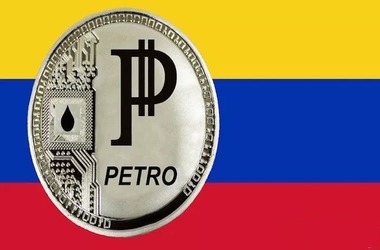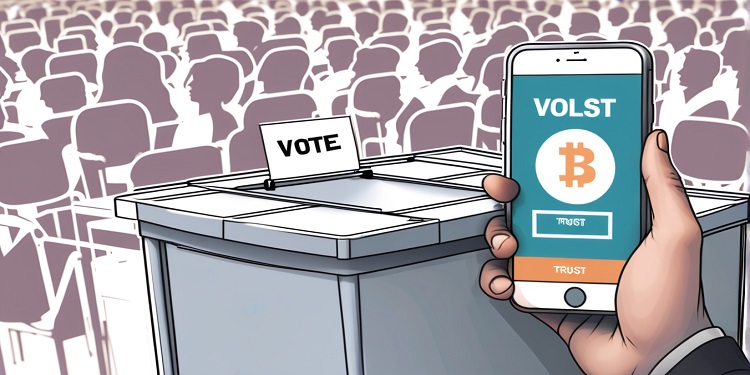 In Venezuela, the Office of the National Superintendent for Securities has given the green signal for a 90-day trial of a crypto driven “decentralized stock exchange” in the country that intends to have a worldwide reach in spite of global sanctions.
In Venezuela, the Office of the National Superintendent for Securities has given the green signal for a 90-day trial of a crypto driven “decentralized stock exchange” in the country that intends to have a worldwide reach in spite of global sanctions.
Reports of approval for operation of the Decentralized Stock Exchange of Venezuela was released in the country’s official gazette, issue 6,578, dated September 29.
The exchange is named as BDVE and its website alleges that the platform consists of “the first decentralized stock exchange in the world.”
It underlines that users will be able to gain access to the cryptocurrency exchange “from anywhere in the world” and “without restrictions.” BDVE will list both fiat currencies and “alternative digital assets” for trading.
“[BDVE] represents a new and innovative segment of the stock market, which, with the use of new information and communication technologies, provides the investor with security and control over its financial assets.”
The domestic securities regulatory agency will decide whether the exchange will be given a license to carry on trading after the 90-day trial period gets over. The operating guidelines of the platform indicate that the securities traded on the platform will consist of ERC-223 or ERC-721 tokens, or a third “packable” token.
While the document does not include the word Ethereum, use of well-known Ethereum (ETH) token standard signals that the platform could be developed on Ethereum blockchain.
Interestingly, the guidelines manual does not indicate whether El Petro, Venezuela’s digital currency pegged to oil, will be accepted by the exchange. In addition to the exchange related trial, Venezuelan President Nicolas Maduro also revealed a fresh “anti-sanctions bill” aimed at nullifying the effect of economic sanctions enforced by the US.
The bill, which is presently being studied by Venezuela’s National Constituent Assembly, pointed out that both private and government backed crypto tokens could be utilized to carry out trade and circumvent the US sanctions.








